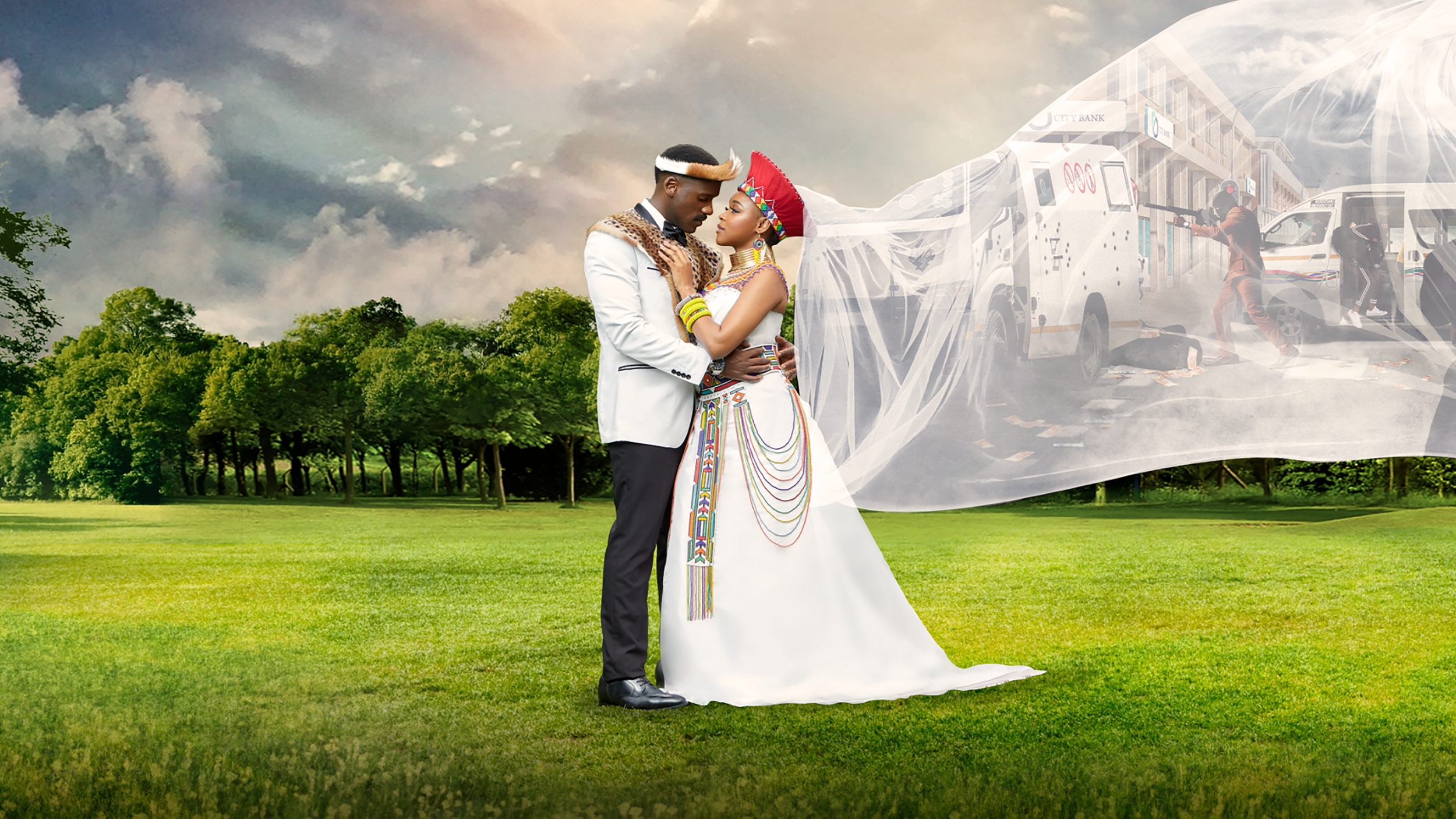The Wife’s husband, ‘indoda eqhoto’ and ‘isilwane’
South African audiences are currently enraptured by the book-to-screen series, The Wife based on Dudu Busani-Dube’s Hlomu, The Wife books. Every Thursday, Showmax debuts new episodes of the show and people take to social media with their thoughts on what they’ve just witnessed. However, every Thursday we watch the journalist turned wife, MaHlomu navigate her abusive relationship with her taxi driving, money heist participating, abusive husband, Mqhele Zulu.
Gender-based violence and femicide are rife in South Africa, where “one in five (21%) partnered women has experienced physical violence by a partner.” While the subject material of Hlomu, The Wife is jarring, it’s valuable to see the intricacies of an abusive relationship play out in full. This isn’t to say that other soap operas don’t feature storylines related to abuse, but they often don’t feature a main character suffering said abuse for longer than two or three weeks. Essentially, it’s possible to run away from the storyline, particularly because the same shows play every evening and don’t yield the type of social discourse that nearly stops any other TV commentary.
Granted, the show is fictional, but the stories depicted are true to the nature of many abusive relationships. What’s particularly interesting is Mqhele’s Dr Jekyll and Mr Hyde personality. One moment, he’s the protector, indoda eqotho and the next moment he’s the abuser, islwane. Then, from time to time, he’s both at the same time. Viewers wonder why Hlomu stays, and perhaps we’ll never have a good answer to that question because staying in an abusive relationship isn’t necessarily a “good” thing to do. At the same time, while viewers ponder on her staying, it’s important to consider whether or not she’d be permitted to leave and keep her life. Let’s be honest, a woman who leaves an abusive man is more likely to be killed after the break up.
While keeping up with the series and the discourse, one asks themselves what they would do if faced with a similar situation. When I’ve posed this question to myself, I’ve left room, as uncomfortable as it is to admit, that I probably would not have married Mqhele, but I would not have left very easily or quickly for that matter. An uncomfortable truth, but one I’m still mulling over.
Since I started dating as an adult, I set a personal rule for myself. No matter how in love I was, when the mere thought or mention of my partner could bring me to tears, it was past time to leave the relationship. I like to think that rule has kept me alive and relatively free from grave and lasting physical harm, and to a degree prolonged emotional distress. This is in no way a critique on all of my previous partners, however, but a mere observation of my own disposition.
The saving grace of watching The Wife is that we are almost guaranteed, based on the books, that MaHlomu will keep her life. An occurrence that isn’t always promised in real life. If anything, watching The Wife is a lesson in patience with victims of abuse and a weekly reminder that an abusive partner can be sweet sometimes, doesn’t take away from their abusive behavior.


